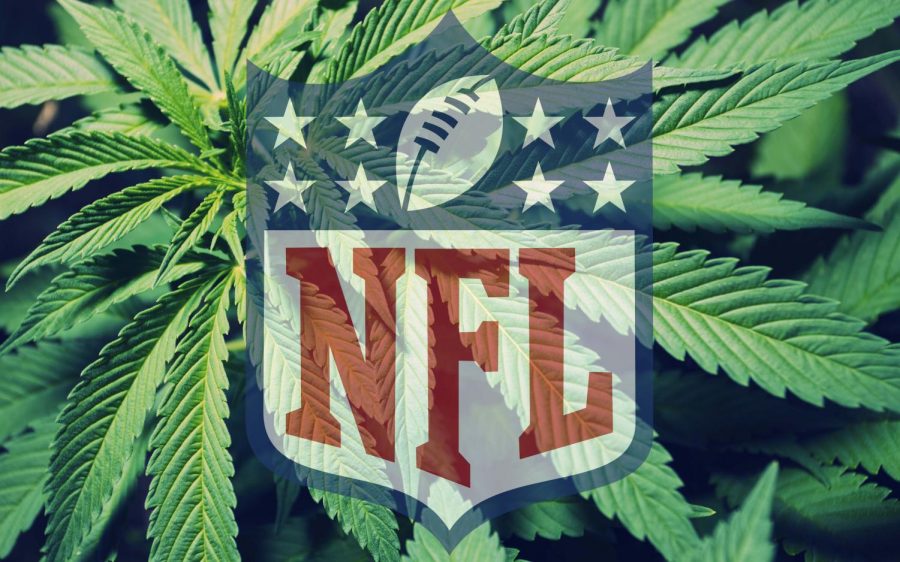The NFL is edging closer to permitting medical cannabis as a treatment for pain
An agreement has been made by members of the National Football League Players Association, prompting a pain management committee to conduct more studies into the use of cannabis as a treatment. The deal was struck after NFL officials and NFL players union representatives decided to kickstart their studies in 2020.
“We’ve asked the committee to look at any and all treatments,” said chief medical officer for the NFL, Allen Sills, during a recent interview with USA TODAY. “We’ll go where the medicine takes us.”
The NFL strictly banned pot consumption in the 1980s, when the league initially began testing players for weed. By permitting pot for pain relief, players can learn to substitute addictive opioid painkillers with natural, cannabis-based medicines.
Opioid painkillers are causing addiction, side effects and deaths amongst NFL players
The NFL’s cannabis consumption ban has led to a surge in the number of famous football players obtaining prescriptions for over-the-counter (OTC) painkillers, many of which fall into the opiate class of drugs. In 2017, opioids killed 47,600 people according to statistics from the Centers for Disease Control and Prevention (CDC).

Numerous well-known NFL athletes have lost their lives to opioid painkillers, including Tyler Sash, who fatally overdosed on painkillers in 2015. His ex-girlfriend Jessica Versteeg has since launched her own cannabis company in his memory.
The NFL’s pain management committee has been formed to tackle the issue, which experts say could be resolved using cannabis.
The committee includes a number of medical professionals who intend on exposing the therapeutic healing qualities of a cannabinoid known as CBD (cannabidiol), as well as the medical benefits of the plant’s psychoactive cannabinoid THC (tetrahydrocannabinol).
Will the efforts of the league’s pain management committee help amend NFL drug policies?
It’s unclear as of yet, but what we do know is that cannabis consumption is becoming a lot more normal than it used to be. Currently, cannabis is legal for adult-use sale and consumption in 11 U.S. states and 33 for medical purposes.
Existing studies have already spotlighted the efficacy of using cannabis to treat pain. For example, this study saw 21 patients with chronic pain experience a significant reduction in their pain score after consuming weed for a five-day period. More clinical trials on the drug will commence once it is legalized at the federal level.
Things are looking hopeful for cannabis reform in the U.S., where Congress seems to be discovering that the grass could be greener on the other side. A handful of cannabis bills are being pushed through Congress this year, including the Marijuana Justice Act of 2019 (S. 597). The government is expected to legalize cannabis at the federal level in 2020, but whether or not this happens remains to be seen.








